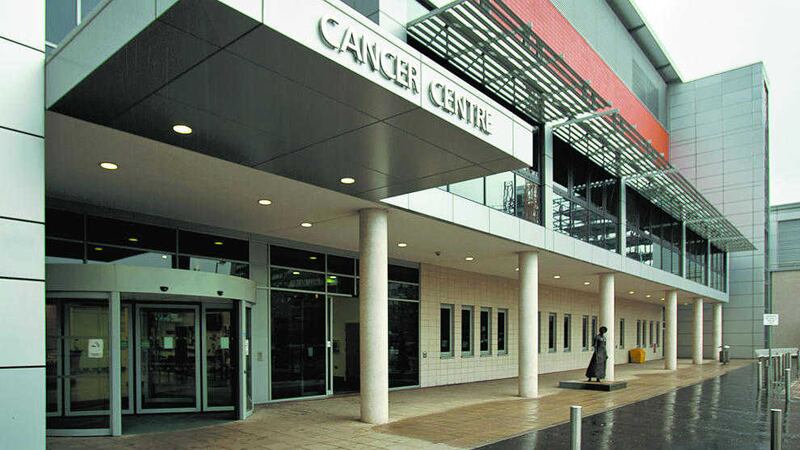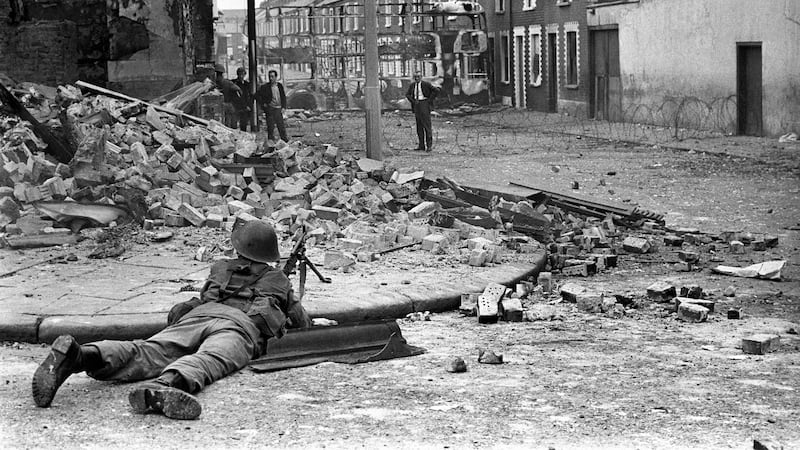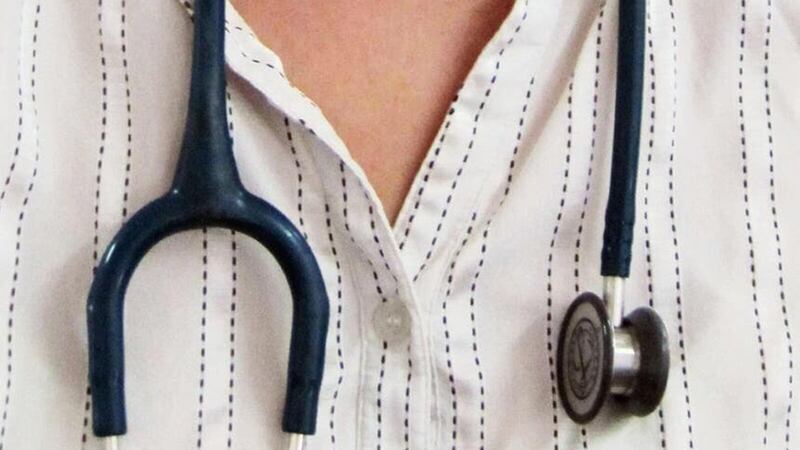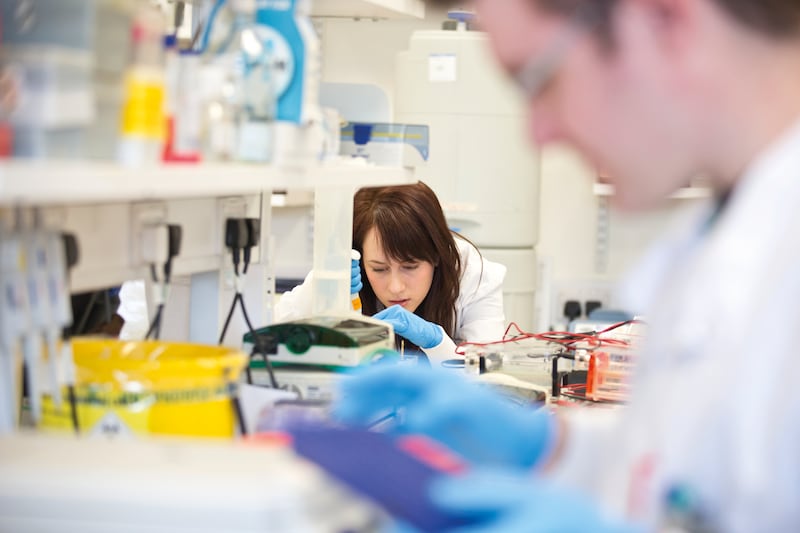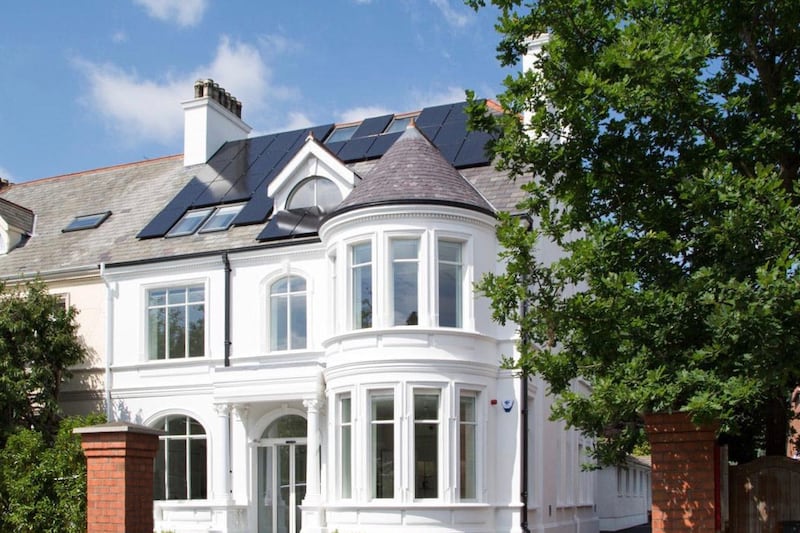CANCER diagnoses are set to soar by two-thirds in Northern Ireland over the next 20 years as people live longer - with an expert warning the NHS must "gear itself up" for the strain on services.
Dr Anna Gavin, who chairs the registry which compiles statistics about the disease, said the north's main cancer centre at Belfast City Hospital - which was planned in the 1990s - will need to "double its floors" by 2035 to deal with demand.
"The health service will be expecting to treat 14,000 new cancer patients each year and will be largely drawn from an ageing population. Many of them will have been cured of one cancer and getting treated for another," she said.
"But they will also have other illnesses such as heart disease and Alzheimers and will be much more difficult to treat. Services need to be geared up so that we have different approaches.
"This is not just about buildings and space as many people with cancer are now receiving care in the community… but what we will need is more expert staff and different groups of specialist staff, particularly in nursing."
Dr Gavin was speaking following the release of the latest registry which shows cancer cases have increased by more than a fifth in the past decade.
The research, focusing on the 2010-14 period, reveals that:
:: around 4,400 men and almost the same number of women are testing positive for the disease each year
:: The odds of developing cancer by the age of 75 are 1 in 3.4 for men and 1 in 3.8 for women
:: Prostate is the most common cancer in men, accounting for almost a quarter of cases, following by bowel and lung cancers
:: Breast cancer was the most common for women at almost 30 per cent of cases
:: Risk increases with age, with 62 per cent of cases in people over the age of 65
Dr Gavin said one of the most significant findings was an increase in women diagnosed with smoking related-cancers such as lung and breast cancer - while rates for men decreased during the same period.
She also pointed to a "marked improvement" in one-year survival rates for those with colorectal cancer and linked it to the introduction of a bowel screening programme.
Meanwhile, the report showed that people living in economically deprived areas had higher rates of the disease and were more likely to be diagnosed with cancers of the head and neck, oesophagus, stomach, lung, bladder and cervix.
Skin and prostate cancers - which are much more treatable forms of the disease - were more common in affluent areas.
--------------------
CANCER kills one in five patients in Northern Ireland within just six months of diagnosis.
While survival rates have increased dramatically for some cancers - most notably breast cancer - Dr Anna Gavin of the NI Cancer Registry admitted that "we continually have late diagnoses" and the north lags some way behind other parts of Europe.
Of the 1,200 new lung cancer cases diagnosed each year, many lose their lives "within the year".
Patients diagnosed with pancreatic, liver or stomach cancer also have little chance of living more than 12 months.
"We are not in any way the best in Europe," she said.
Dr Gavin's warning comes at a time of spiralling waiting lists for diagnostics and treatment across many medical specialties - with government targets for cancer patients repeatedly breached over the past year.
Operations for some urgent cancer operations were even cancelled due to winter pressures, it emerged last month.
The medic confirmed that a new study is to be carried out into why other countries, including Canada and the United States, have better survival rates for certain forms of the disease.
"We have very good outcomes for some cancers but there are many tobacco-related cancers where people present too late in Northern Ireland. A lot of these patients are over the age of 70 and think their symptoms are linked to their age," she said.
"I accept there are waiting lists but our cancer services are very good and improved."
